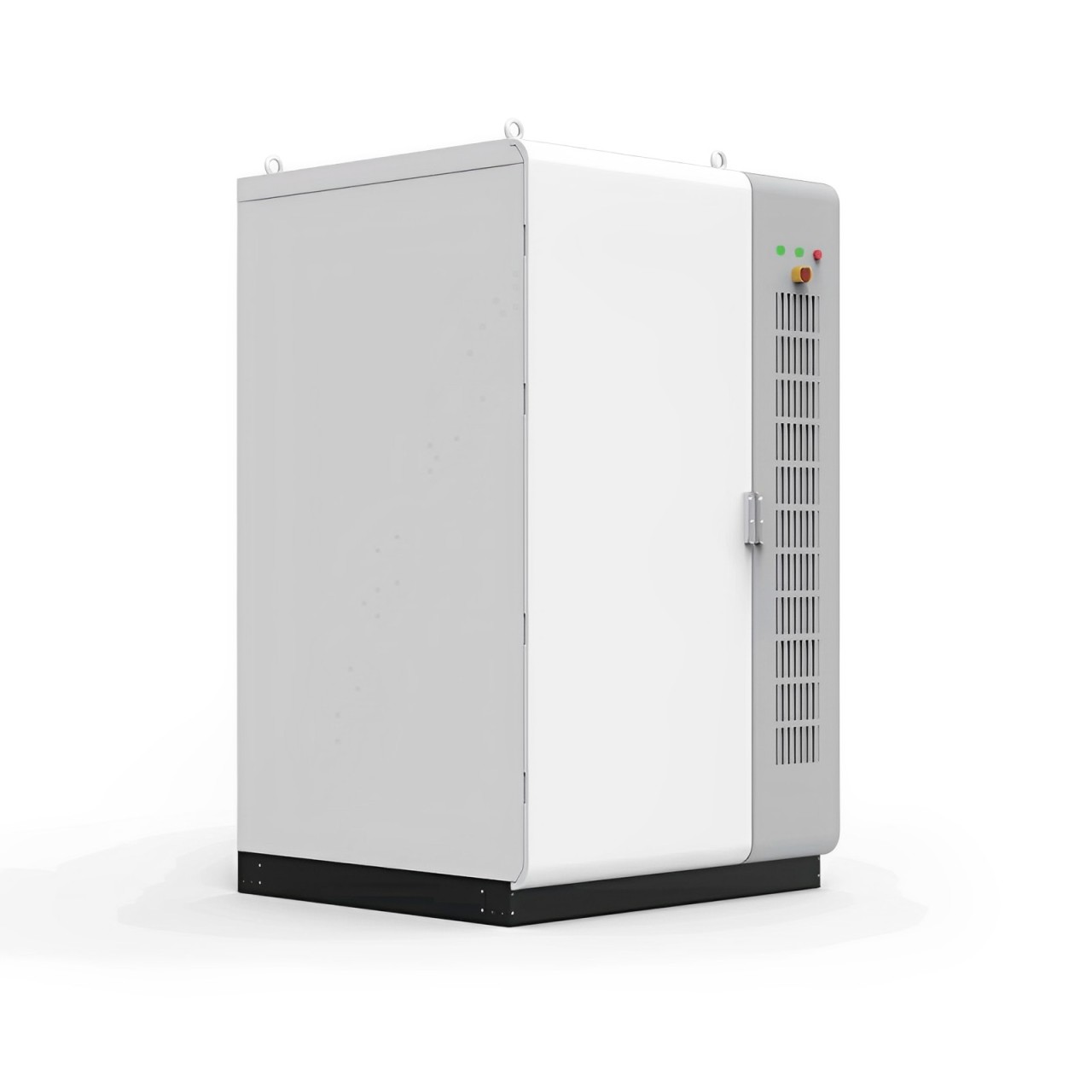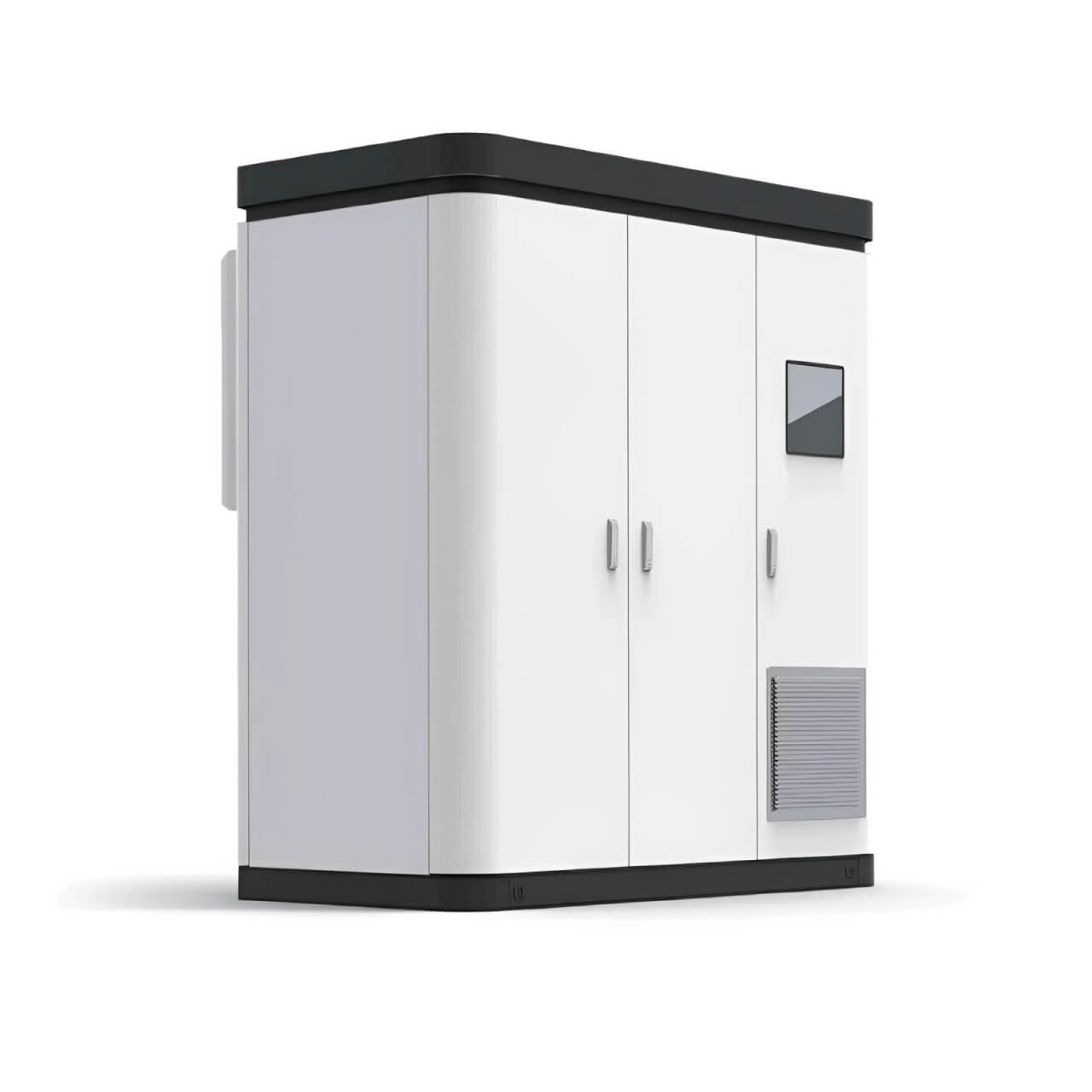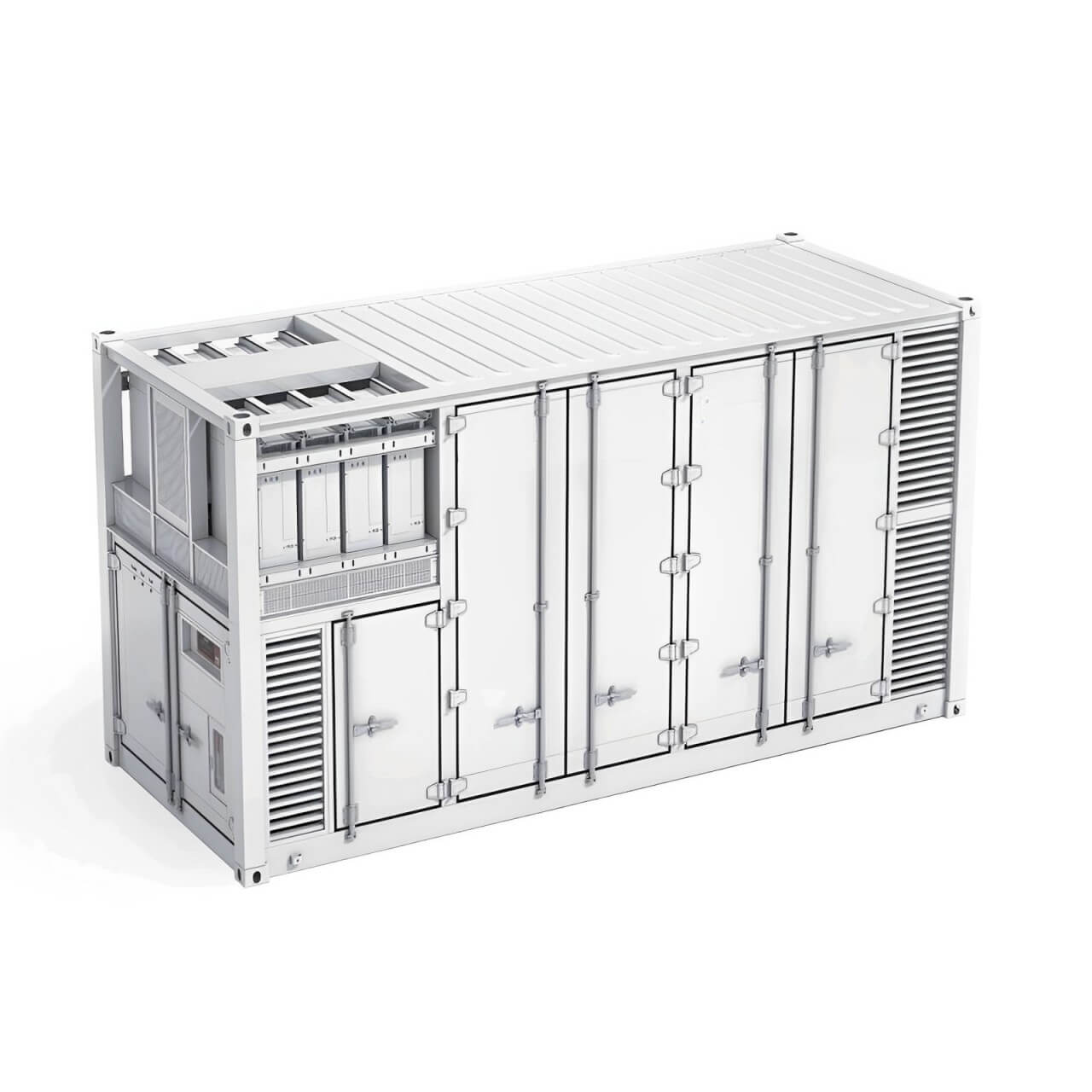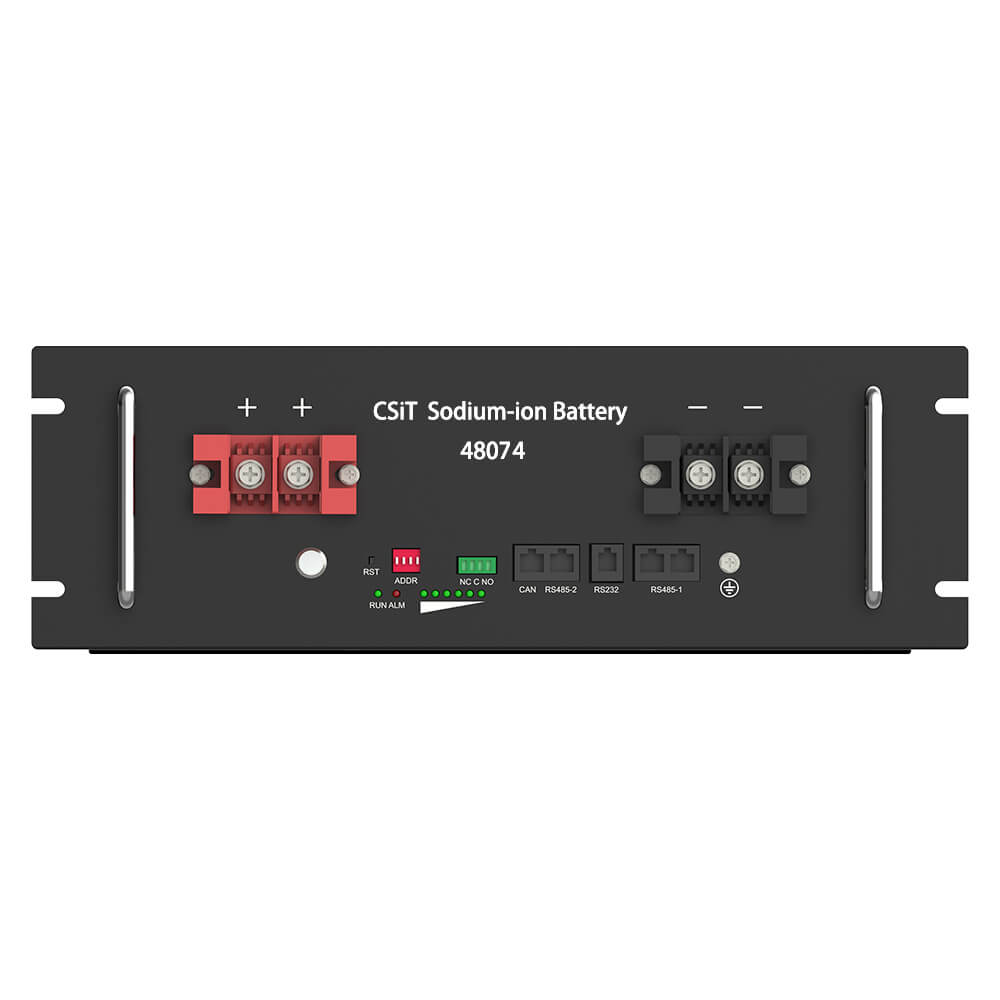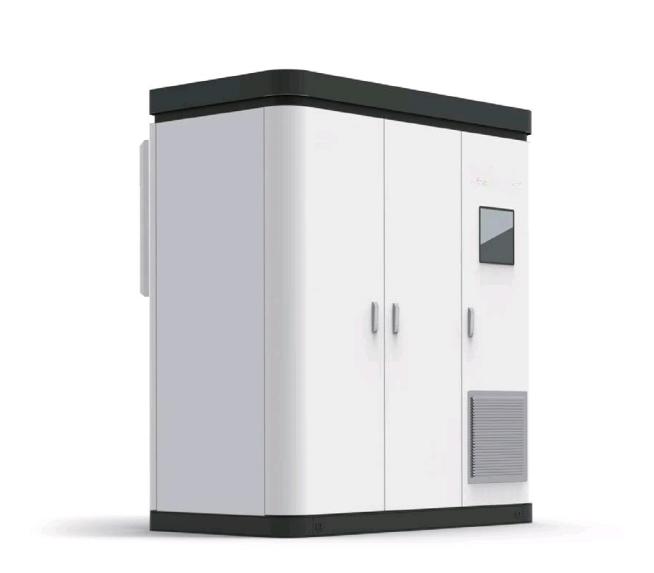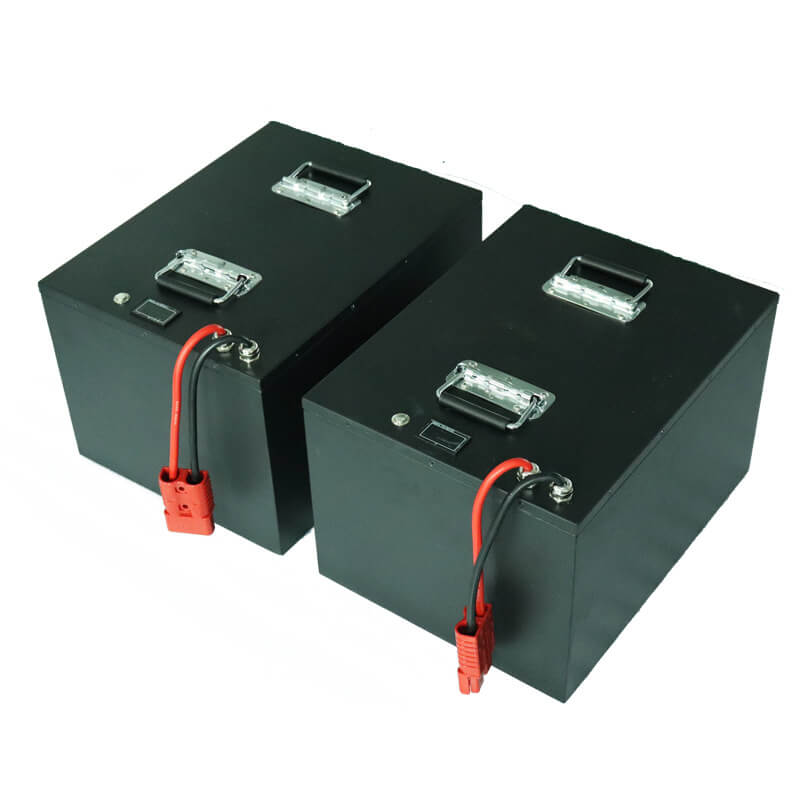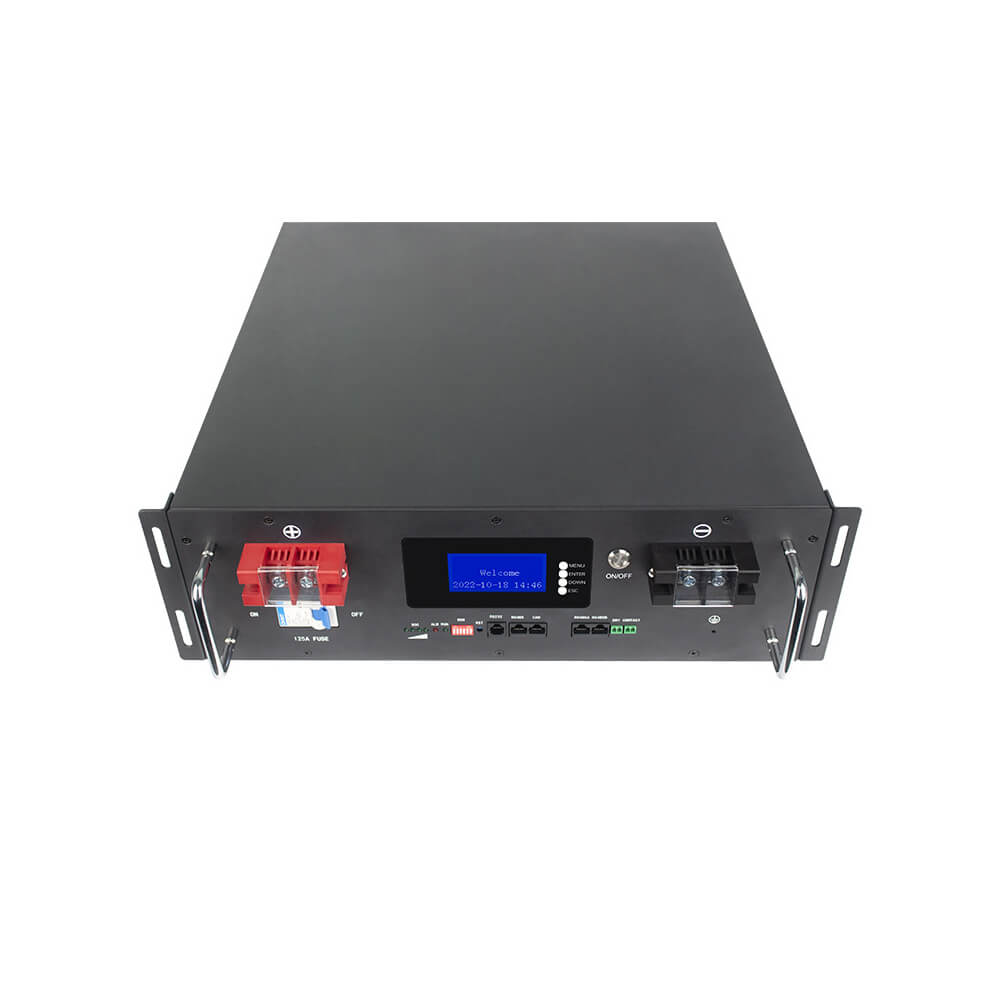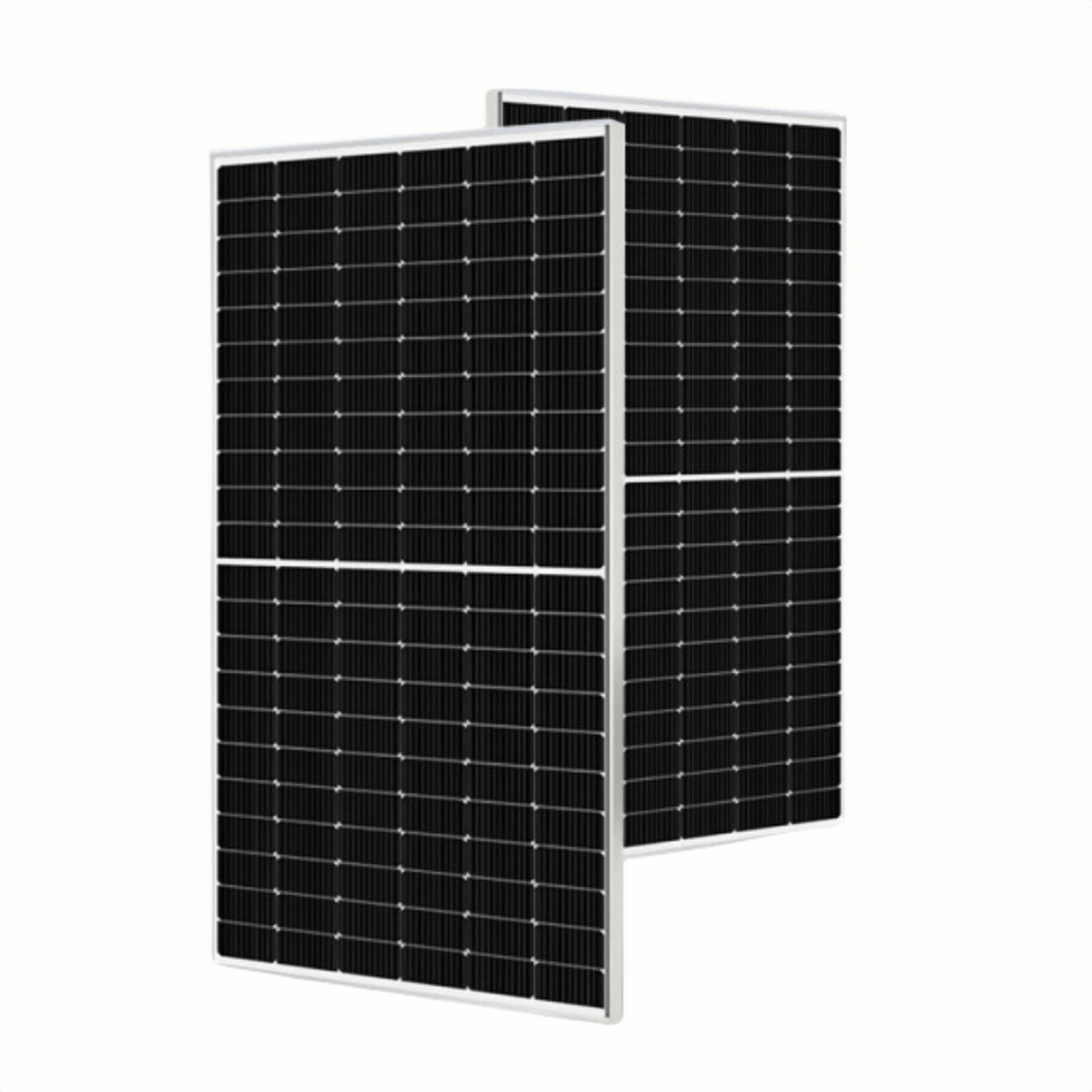Is 540 watts of solar enough for my RV?
If you're considering taking your RV off the grid,whether full-time or part-time,where you'll get your power from may be one of your biggest concerns.
With the growing popularity of a completely mobile lifestyle,there is a wealth of information online about van and RV living.But there's a huge difference between the largest RVs on the market and their massive energy needs,and a small van conversion that can run well with relatively little power.With so many variables,finding the right information to suit your requirements can be a real challenge.
At CSIT Solar Portable Panel Manufacturers,we’ll be looking specifically at RVs to determine if 540 watts of solar is enough to meet all your power needs.
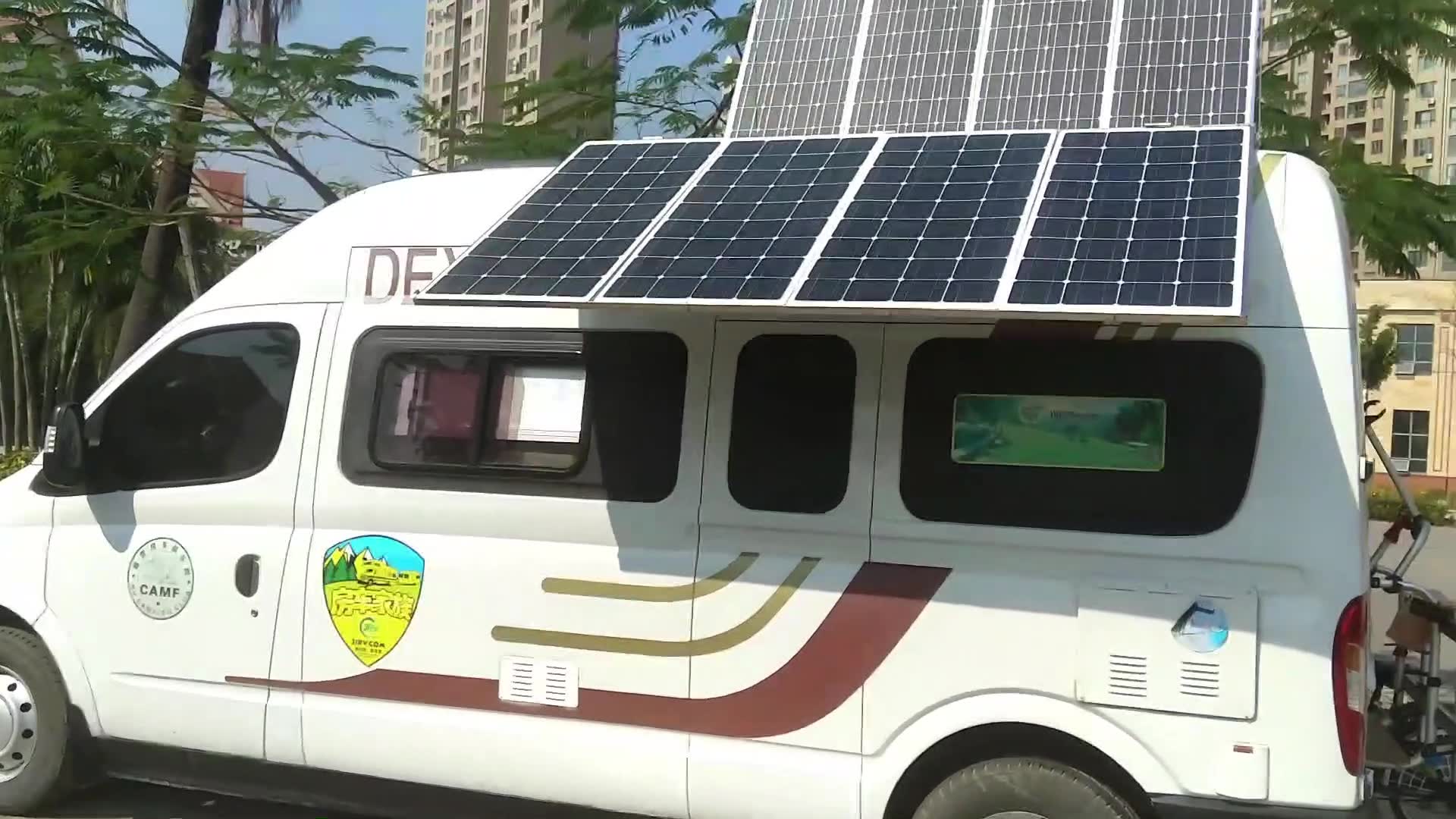
How many watts of solar power do I need to run my RV?
RVs come in all shapes and sizes.How many watts you need depends on the size of your RV and the power consumption of the devices running on it.
Large RVs are usually equipped with TVs,large refrigerators,air conditioners,etc.It will likely require at least two 540-watt solar panels to meet your solar energy capture needs.Even then,you might push something.
On the other hand,a relatively small van with a handful of appliances can run on a single 540-watt panel,although you'll probably be able to turn it off again.
To get a clear idea of exactly how much solar power your RV and the appliances you wish to use will require,you'll need to do some careful calculations to accurately estimate how much power they consume.
Can 540-watt solar be used?
A 540-watt portable solar panel may be enough to run a minivan or RV,but it doesn't leave you much wiggle room.It is generally accepted that 540 watts of solar capture is the minimum required for an RV setup.But again,it ultimately depends on how much energy your appliances and devices consume.
Refrigerators are often a significant hurdle when it comes to using the smallest solar installations.Even the smallest refrigerators consume electricity at an alarming rate,with small 12-volt refrigerators using an average of 30 to 55 amp hours per day.Considering the refrigerator has to be on all the time,this doesn't leave much power for anything else.
While 540 watts may be enough to power a small RV or van with very limited energy needs,we highly recommend increasing the wattage or purchasing additional backup batteries so you can charge them when needed.
If you have the means to opt for a more powerful solar solution,modular power kits are an excellent choice.They are increasingly popular for RV owners looking for long-term sustainable and renewable energy solutions without having to struggle with minimal power and convenience.CSIT's power supply packages range from 2 kWh to up to 15 kWh.Solar power generation and storage capacity is a huge improvement over a 200 watt solar panel setup.But more and more RV enthusiasts are choosing to enjoy all the comforts of an RV.-Grid housing-even on the road.
Check out this handy calculator to find out how much power your ideal RV setup requires.
Smart extra batteries are another possible option for enhancing energy storage capacity,having one can effectively double the energy stored by a solar panel.
What does a complete solar setup require?
If you're looking for a complete solar installation for your RV,the process is much easier now than it was just a few years ago.In the past,you had to install a complex electrical system in your van,including batteries,panels,inverters and control panels.
However,with the emergence of better and more affordable portable solar generators,this more convenient option is quickly gaining momentum.CSIT's portable power stations and solar generators can be charged via solar panels or grid-tied power,and offer a variety of inputs so you can plug directly into your appliances and devices.If this setup sounds ridiculously simple–that’s because it is!
Permanent and portable solar installations
Although there are obvious benefits to using a portable power setup,you shouldn't underestimate permanent installations.In fact,it even has some advantages.
Permanent solar installations(solar panels fixed to the roof)will generally produce more energy than portable solar installations,especially when you are moving.
Another advantage is greater security.These panels attach securely to your RV.You can leave them charging unattended for a few hours,which you probably don't want to do if you spread them out on the ground.As mentioned above,the CSIT Power Kit is an ideal permanent installation option.
When you need to generate solar energy,there are certain restrictions on where you can park.You need to make sure the panels are in direct sunlight.
Permanent systems also take up a fair amount of space,and depending on the size of your camper,you may not have much space.
For a more portable solution,CSIT’s CSIT solar power stations offer the power of permanent installation but with greater flexibility.
Portable solar panels are affordable and give you more placement options.Additionally,when your panels are secured to your RV roof,they aren’t going anywhere.This is a plus for safety,but you can take the portable setup with you on long hikes or camping trips,allowing you to use off-grid power wherever you go.
It is worth noting that you also need to carry the generator and battery panels with you.Solar panels cannot power themselves.If you plan on carrying a solar generator with you on foot frequently,this is a good option.Keep the size and weight in mind.
Thanks to the latest technological advancements,models like the CSIT solar generator have become smaller and lighter-some even fit in your backpack!
Frequently asked questions
What can a 540-watt solar panel run?
When discussing wattage,voltage,and all things electrical,it can sometimes sound very abstract when you try to put it into real life.
Here are some common devices and items to give you an idea of the energy usage of a 540-watt solar panel:
•A 60-watt light bulb can run for 11 hours
•Laptop charging time is about 2 hours
•The TV can run for 2 hours
•Energy microwave oven can only run for one hour
Of course,you don't need to run everything during this time,but it can give you an idea of how quickly 540 watts can be consumed.
Choose the perfect solar setup
While you can use 540 watts of solar power to meet your RV's minimum power needs,you'll need to constantly monitor your energy usage to avoid running out.Because 540 watts is the basic requirement to power your RV.You'll be better off raising this number if you can make it fit your budget.

Doing so doesn’t necessarily mean adding more solar panels,although that is a viable option.Smart extra batteries can be used to double or even triple energy storage capacity,but this requires diligence and at least occasional use of grid-tied power to maintain battery charge.
We recommend purchasing a higher capacity product,which may mean additional solar panels,or opting for the more powerful 540-watt panel-the most powerful portable solar panel on the market.
Creating the perfect solar setup for your RV depends on what you want to power and for how long.Are you a weekend warrior who doesn't mind rationing energy?Or do you want to disappear from the grid for weeks at a time?
Once you answer this question,finding the perfect solar setup becomes much easier.

 简体中文
简体中文 Russian
Russian French
French German
German Japanese
Japanese Korean
Korean Arabic
Arabic Spanish
Spanish